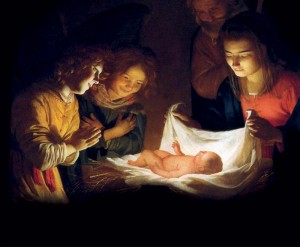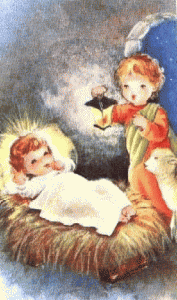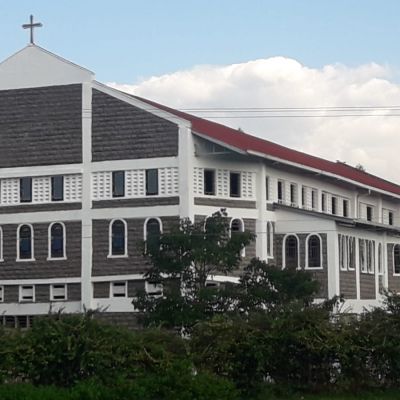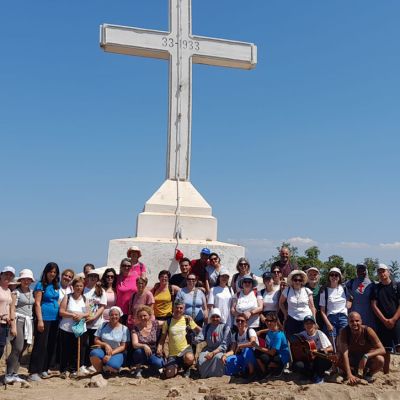 A brother with grey hair has written this letter to Baby Jesus which we most willingly share with all of you.
A brother with grey hair has written this letter to Baby Jesus which we most willingly share with all of you.
Rome, 23 December 2013
Dear Baby Jesus,
They have asked me to write you a little letter which you will take to the Camillians who are commemorating the fourth centenary of the journey of Camillus towards the meadows of heaven. It is easy to observe a spiritual climate which is not very enthusiastic about the present and a little perplexed about the future. We know that when preparations were being made for the third centenary, the ‘little plant’ of Camillus was certainly at that time going through a period that was much more stormy than the present one. It had really become small (178 Camillians in 1891) and it was not very much bigger during the celebratory year. Today, however, it has become a robust tree (there are 1,200 Camillians), such as it has never been in its history. It has roots in many countries of all the continents of the world, with strong branches, and a large number of young men who are rich in hope about the future. It is true that the highest branch has been hit by lightening but the plant is verdant, the other branches are full of vitality, and the tree has abundant energies with which to challenge the winds and the hurricanes. It is like the vineyard of the Gospel which needs to be watered so that it can bear abundant fruit.
That memorable morning, on the return journey to Manfredonia, Camillus reflected on the vanity of his wandering and perceived that his future was different: ‘to live only for God’. A few years later, at the St. James Hospital in Rome, his eyes discovered ‘Christ present in the sick man’. Amidst his fears, that mid-August evening, the Crucified Christa said to him ‘do not be afraid, go on, it is my work’, and his fears passed, although the difficulties would always keep him good company. When he looked after a sick person, Jesus reminded him ‘you are looking after me’. Such are our riches.
Since that time water has flowed under the bridge! How many things have changed. How many new wonders does medical science possess to treat the sick. The sufferings are also different, the needs are different, even the wishes and the aspirations of man are another music. New times, stories and languages, other realities. And yet sick people, in all corners of the world, always need the care, the sensitivity and the attention of other men and other women. In every country there are situations, illnesses, special needs; there are other cultures, wealth or poverty, but there will always be the need for a brother or a sister who stretches out a hand to the sick person and makes him or her feel his or her presence.
Our being in the world in a meaningful or banal way, in an effective or insignificant way, in a necessary of superfluous way: this is the subject of reflection. One thing is certain: the Camillians are characterised by ‘total care’ for the sick person, with no forms of reductionism. In every historical epoch, in every country, their role is to bring this message of Jesus to mankind: ‘heal the sick and proclaim the Gospel’. Intelligence and the heart lead one to discover the ways, the means and the advisability of the moment to bring joyous news. The tenderness of a mother for her child will always be the light of a sun that never sets and will be a point of reference.
We were celebrating with the Church the year of the ‘New Evangelisation’ and it appeared that it was not gaining impetus; we thought that perhaps it was not a ‘question’ for us but for ‘the world’, not for Christians, priests, religious and the Church. Then Pope Francis arrived and the wind suddenly changed. One feels the spring of the Spirit, the fragrance of the Gospel. We have rediscovered that each one of us has to be evangelised again and that every man has the right to receive the joyous salvation of God. It is like a new light that has suddenly been lit and which illuminates things that were in the shadows, enveloped by the greyness of habit. Now they appear new to us, different in their beauty. Finally, one feels the joy of breathing the new air of a new morning that is full of gospel hope.



[Leggi la rassegna stampa delle attività per il IV Centenario]





